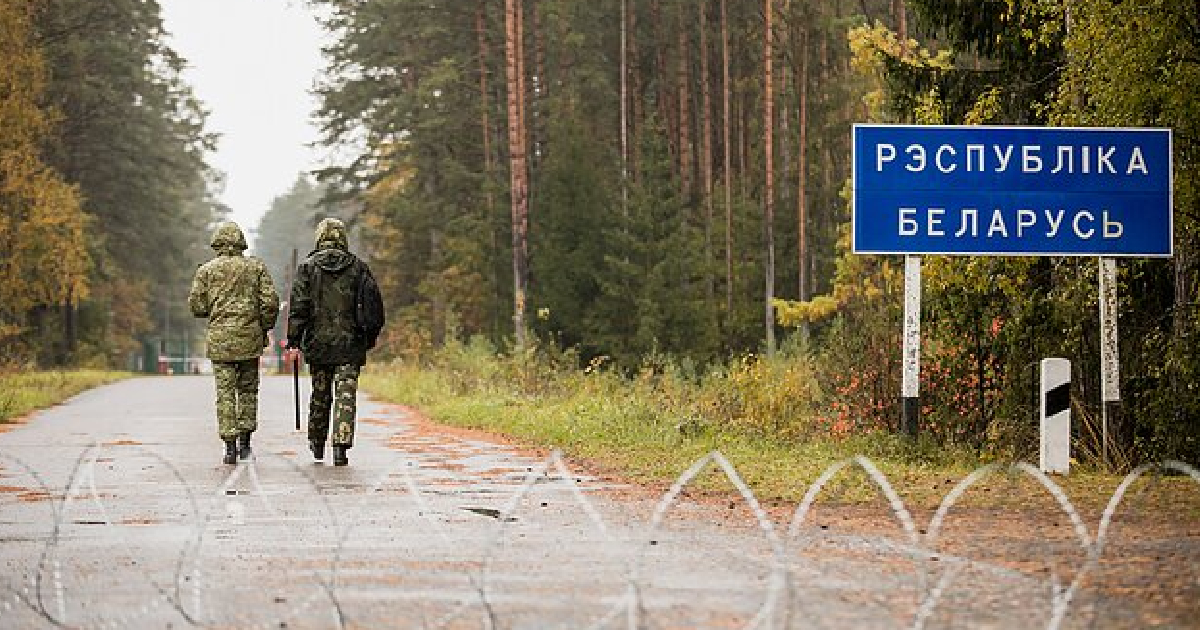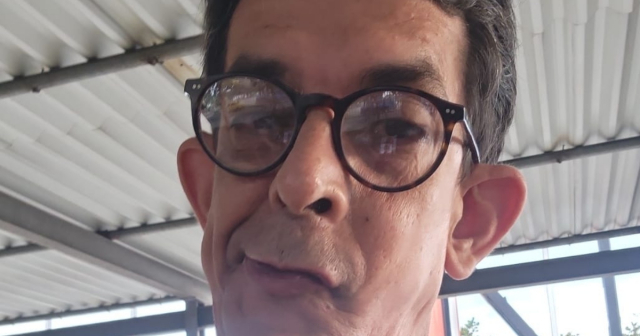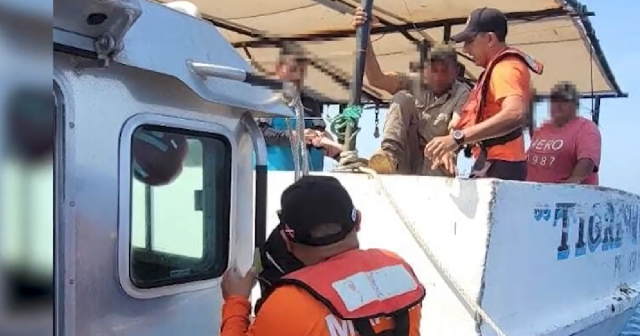
A group of seven Cuban migrants, including a pregnant woman and a girl, detained at the border between Lithuania and Belarus, decided to halt traffic at the border crossing as a refusal of deportation.
A Lithuanian local media outlet confirmed this, quoting a representative from the border service.
"But this is not the first case in which traffic is interrupted in Medininkai for this reason. In fact, there is nothing new for us," said Giedrius Mišutis, representative of the border residents.
According to Mišutis, the Cubans were accepted at the border after their demonstration, although he assured that "sooner or later the situation will be resolved."
"A solution was found, without using physical force, to resume the work at the point," he explained, pointing out that this was to "return them to the State Border Guard Service (VSAT) facilities. "It was not necessary for them to go to Belarus at that moment," he stated.
When asked about the way the Cubans entered the European country, he pointed out that they requested political asylum at the Medininkų point, on the border with Belarus, which was evaluated by the Lithuanian authorities and ultimately dismissed for not meeting the requirements.
For the past three weeks, "the Department of Migration reviewed their applications and did not find any circumstances to grant them asylum. This is not the first nor the last case in which these individuals cannot remain in the EU and in Lithuania. (...) In the current situation, they will have to leave Lithuania," Mišutis pointed out.
Cubans, not requiring a visa for Belarus, take advantage to travel to the country and from there make risky transits in order to achieve a political asylum status or refugee status in any of the nearby countries.
Until about a year ago, the route started in Serbia, a country that also did not require visas for Cubans, until it decided to control the flow of people at its borders.
What is your opinion?
COMMENTFiled under:






